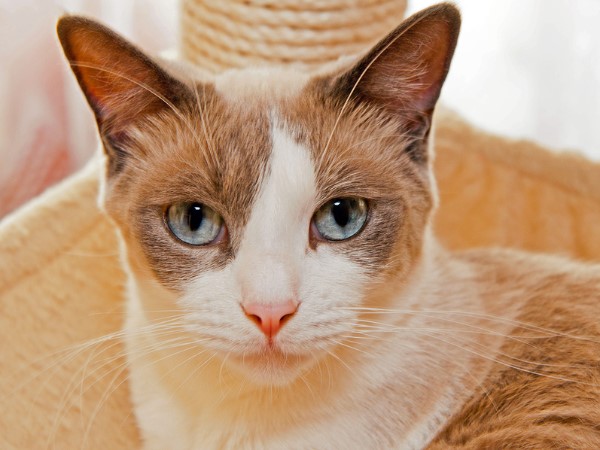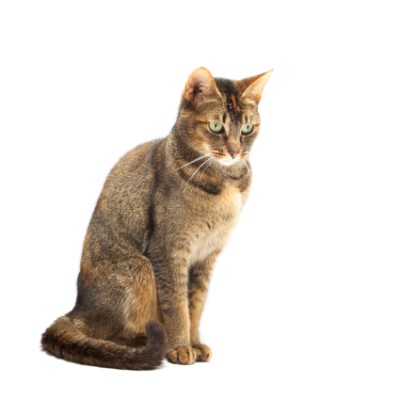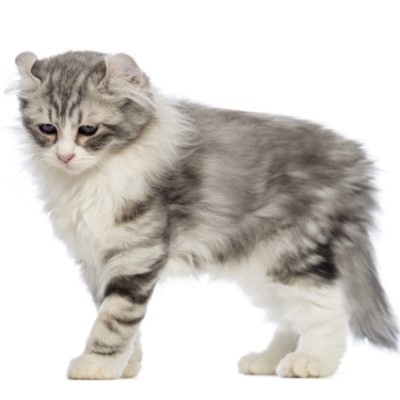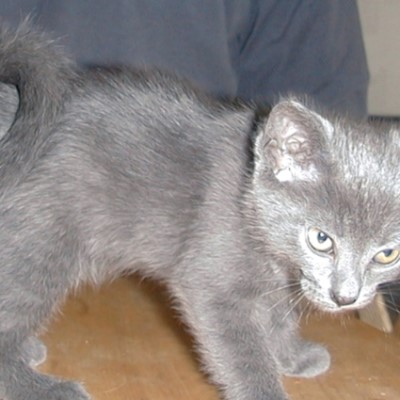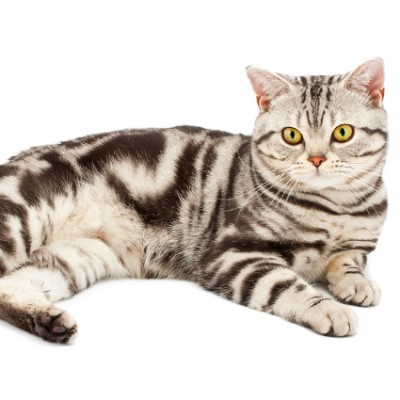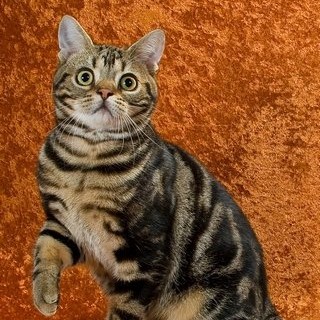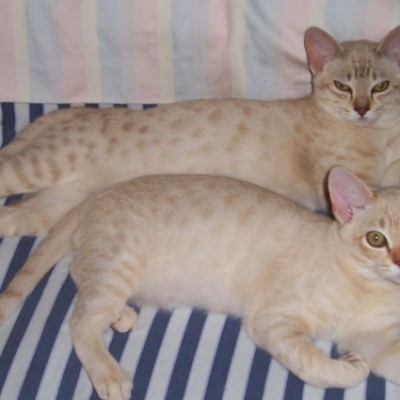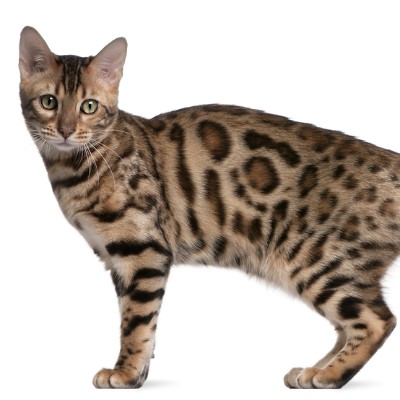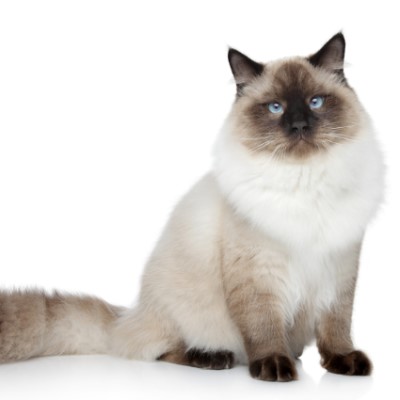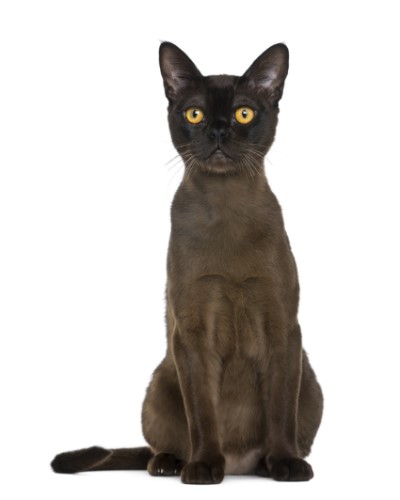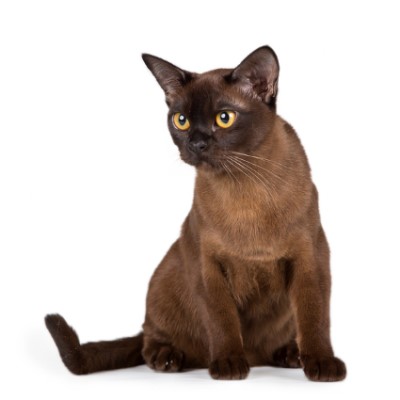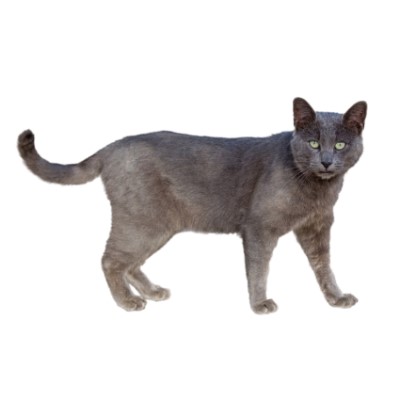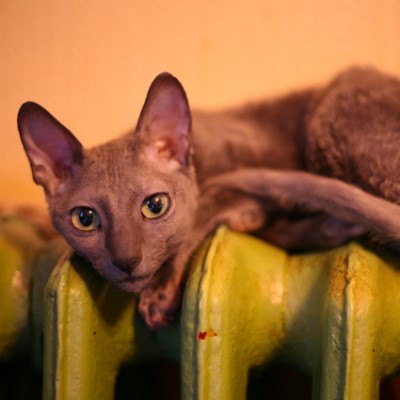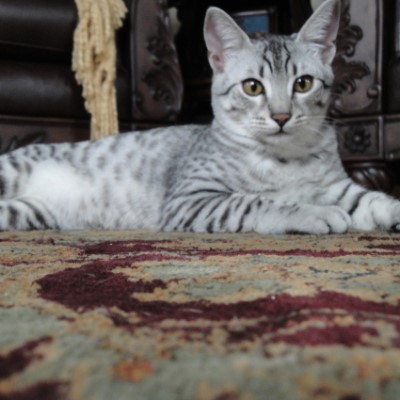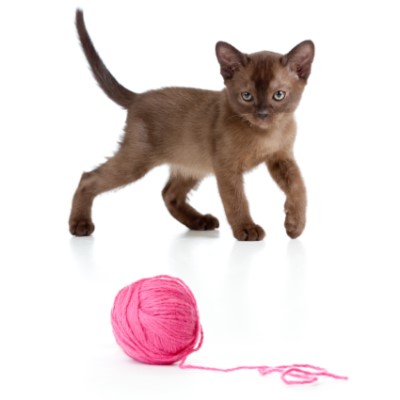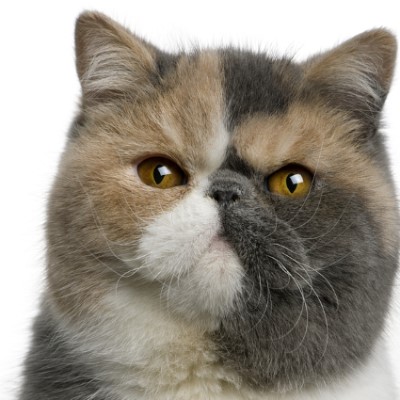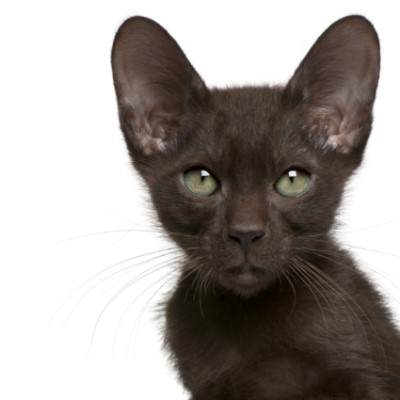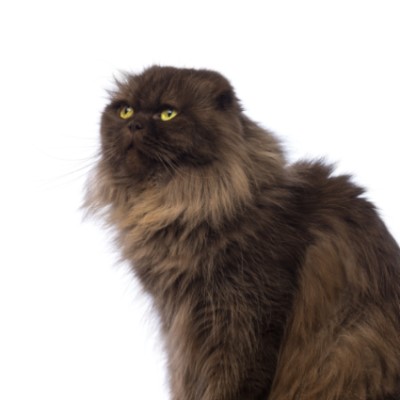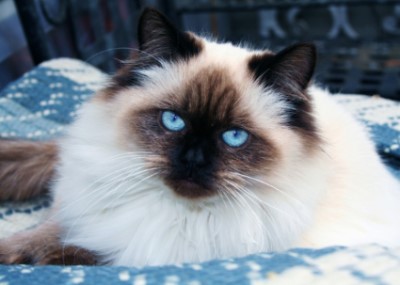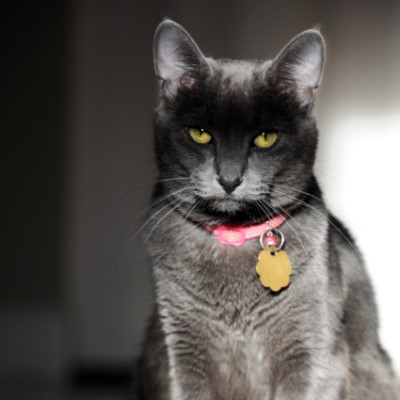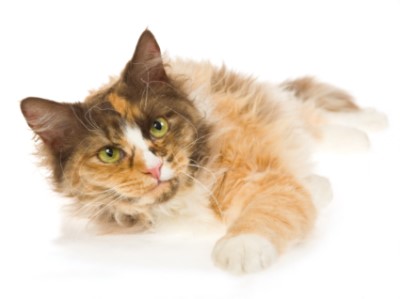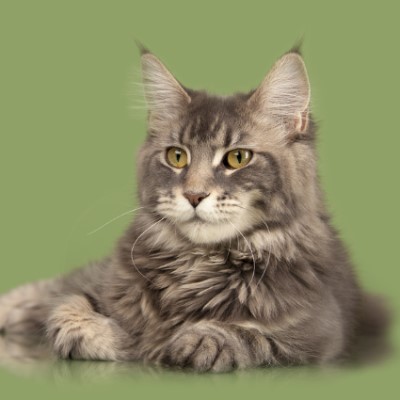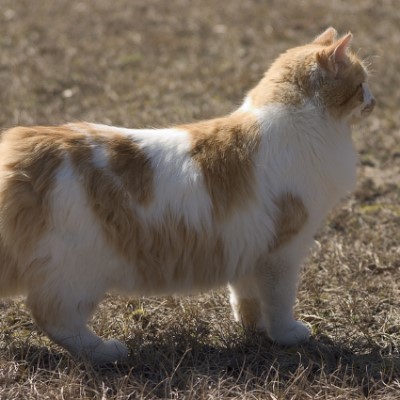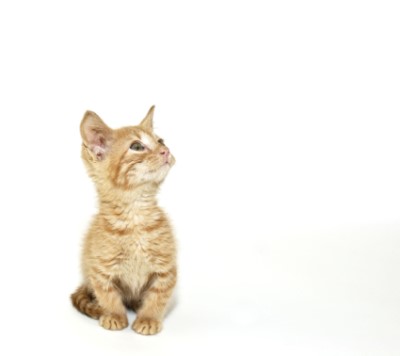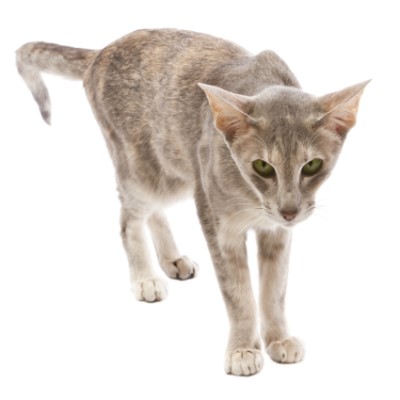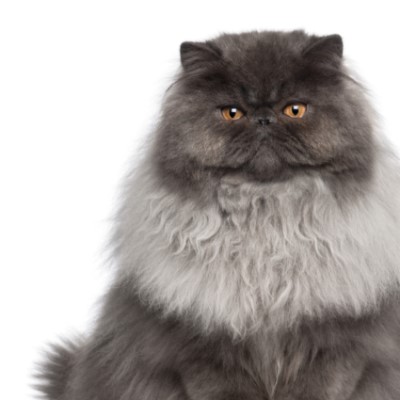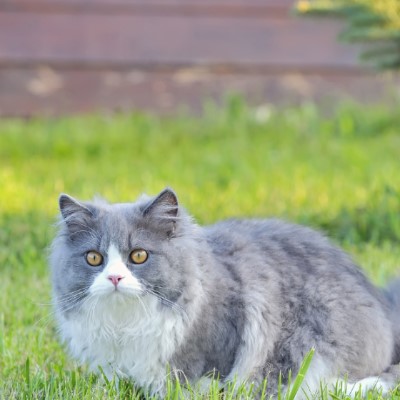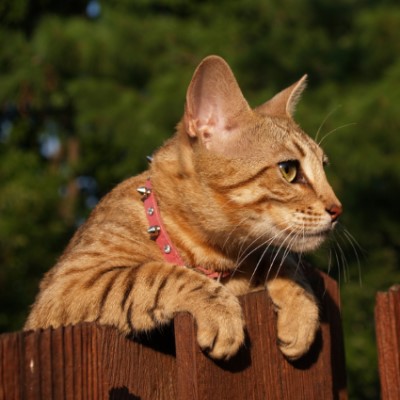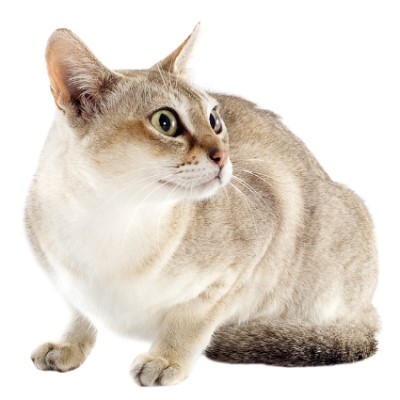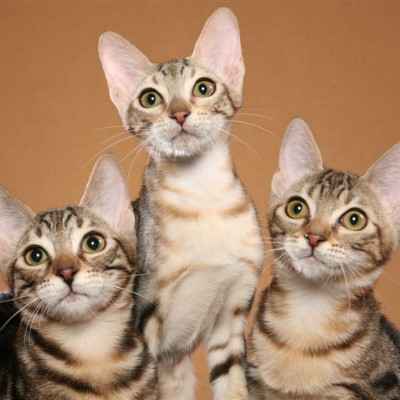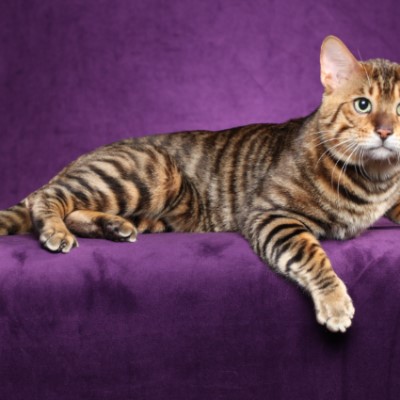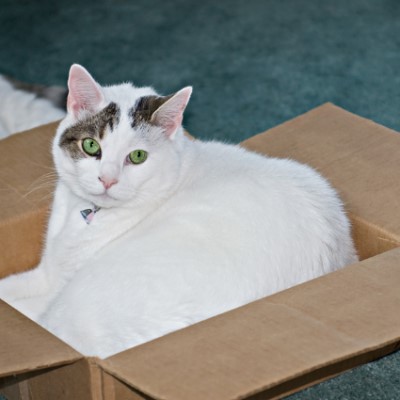Common Reasons for Surrender
Snowshoe cats, which are bred from Siamese cats and domestic shorthair cats, typically lose their homes through no fault of their own. Some escape from their homes, become lost, and the owner either does not look for or cannot find his cat. They are then turned into shelters or rescues as strays. Other times a family moves to a new place that is not pet-friendly and cannot take their Snowshoe as a result.
Pros
Snowshoe cats make the ideal family pet. They typically get along well with children and other animals and are affectionate with everyone. Snowshoe cats bond very closely, usually to one family member. In fact, the loyal Snowshoe has been known to stay by their human’s side during an extended illness. An intelligent breed, Snowshoes like a challenge and will, given the opportunity, learn how to open doors to cabinets, drawers, and closets. Snowshoes are also a very active breed who, if taught, may develop a fondness for playing with and in water.
Cons
A Snowshoe left home alone all day will become lonely and depressed. Snowshoes crave companionship and do not do well home alone all day. If your Snowshoe will be home by himself, consider adopting him a friend to keep him company. Snowshoes are also typical cats and love heights, so delicate objects on shelves may be at risk.
Diet
Opt for a natural kibble for your Snowshoe to keep her healthy and her coat shiny and soft. Combine a high quality natural kibble with a high quality wet food several times a week. The canned wet food will provide the added nutrients and water necessary in the Snowshoe’s diet. Snowshoes will typically come running when they hear the word “treat.” Offer your Snowshoe a natural cat treat, which is generally healthier, and those treats that promote dental health. Dried, shaved fish treats are another popular treat with most Snowshoes. Snowshoes have a tendency to gain weight quickly, so opt for two meal times instead of leaving food in a bowl all day.
Exercise
Ration your Snowshoe’s food appropriately, or she will quickly become overweight. Encourage as much exercise as possible with your cat. Snowshoes love interacting with their humans, so carve out play time each day. Wave a feathered cat wand to get the game started. Some Snowshoes will play with a wand for as long as an hour at a time, especially if there is more than one cat playing. Others love to run when they get a burst of energy and some will wrestle each other to expend their abundance of energy.
Possible Health Issues
An overall healthy breed, Snowshoe cats are prone to dental problems. To combat dental problems, feed high quality kibble and give your cat dental treats. Snowshoes require dental exams regularly and most will lose some teeth as they start to age. Some do lose all of their teeth and are relegated to an all wet food diet.
Litter
Never use a clay litter with your cat, regardless of the breed. A cat may inadvertently ingest clay when cleaning her feet. The clay can cause a digestive block, which can lead to serious health problems. Instead, opt for a dust and clay-free clumping litter, such as Arm & Hammer Essentials.
Grooming
Snowshoes require minimum grooming. Brush your Snowshoe daily and clip his nails as necessary.
Training
A Snowshoe likes a good challenge, and training will provide that challenge, for both you and your cat. Patience, time, and repetition are all keys to successfully training a Snowshoe. Snowshoes have been trained to walk on a leash, allowing them to visit senior citizen centers, and to ride in the car.
Entertainment
Give your Snowshoe an abundance of attention, and she’ll be happy. Snowshoes just want to interact with their families and with other cats. They love to hunt—everything from bugs to jewelry, twist ties, the strip around the milk bottle’s cap, and any small object that catches their attention. A wand will also provide your Snowshoe with a great time.
We want to thank PurrPoints Cattery for help with this profile.
